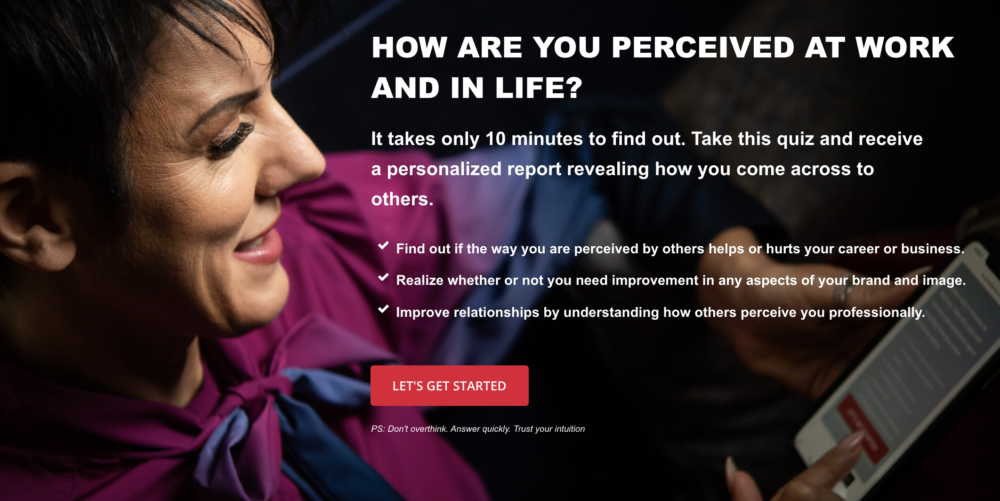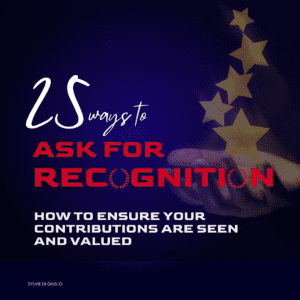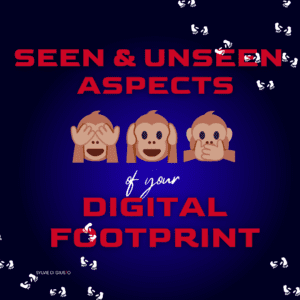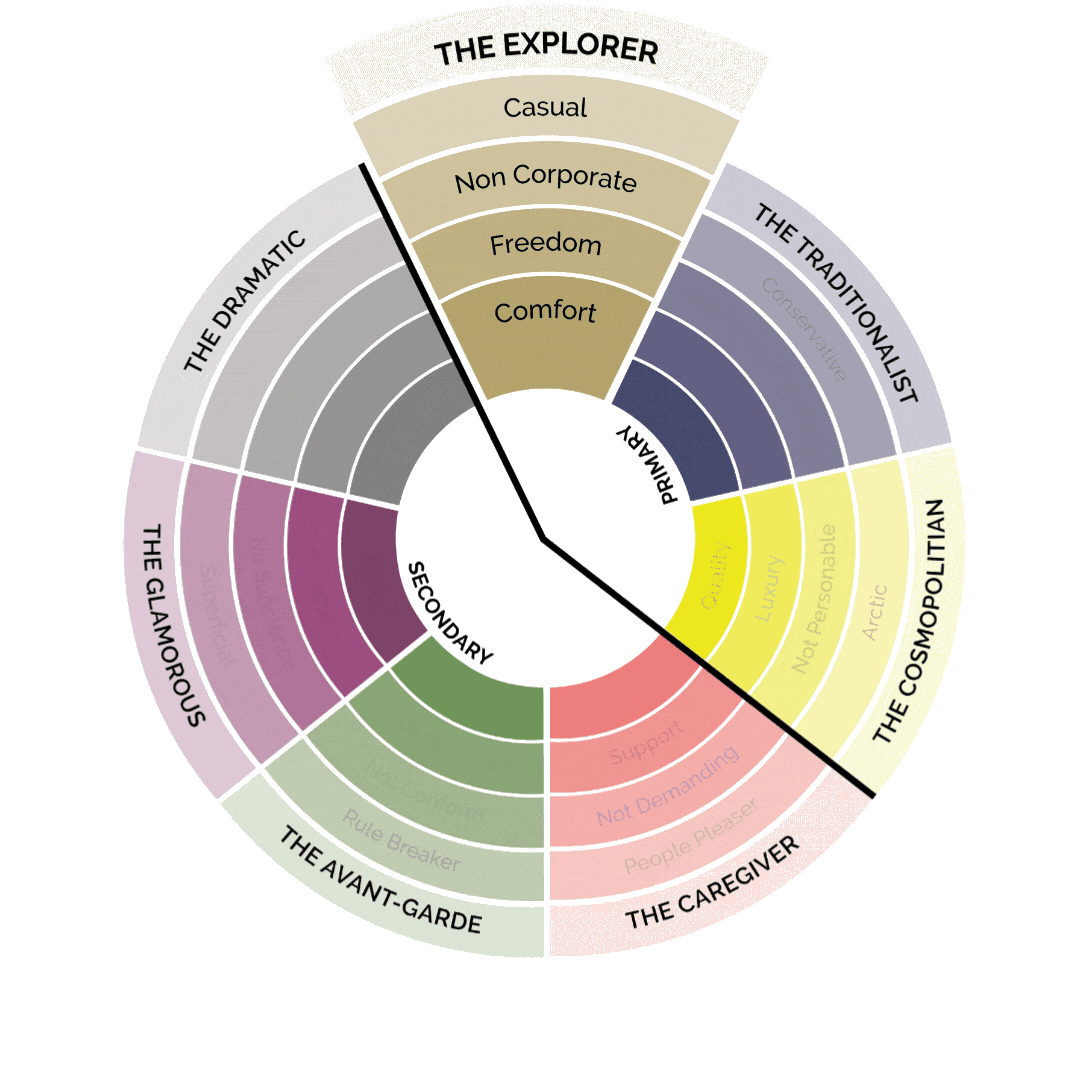How to Read People and Decode Their First Impression
When it comes to reading other people, there is no fast and easy method. Honestly, it can feel overwhelming trying to decode the millions of pieces of information we are being bombarded with! While some factors of people’s first impressions may be noticeable, others aren’t so obvious.
That’s why I’ve split the first impression’s “code” into three areas that can provide insights into a person’s personality and to simplify them, I call them the ABCs –
- the way you look,
- the way you behave and
- the way you communicate.
These three areas help you at least a little to sort and group, and classify the millions of information pieces you get bombarded with when reading other people’s impressions.
How to Read People Based on Their Appearance, Behavior, Communication
Most of us start with appearance. From the second we see another person, we make assumptions about them based on their body image, physical health, clothing, and the way they have groomed themselves for the encounter. We are visual creatures—like it or not.
Then, we get more cues about the kind of person they are based on how they behave—their attitude, how positive or negative they are, their body language, and their etiquette.
We better understand who they are by their non-verbal AND verbal communication. The sound of their voice, the tone and volume they speak, or their communication habits. This could include if they are gossiping, complaining, making excuses, or if you feel they are actively listening during the encounter.
How to Read People Based on Their Digital Footprint
And while these might be some of the thoughts flowing through your subconscious mind when meeting someone at a meeting, a conference, at the airport, or at any event or place, the reality for many of us is that most often, first impressions aren’t made in person. Most often, you actually do not decode someone in REAL LIFE for the first time. Instead, most of the decoding happens online—because we all leave behind a digital footprint, and we use others’ footprints to build our first initial opinion about them.
So you may find yourself decoding another person’s impression through their social media, emails, websites, or forums—and you’ll apply the same criteria (how they look, how they behave, and how they communicate) while decoding them on your screen.
And this part of the decoding process already influences your opinion about someone, and it’s hard for them to change that imprint once you meet them in real life.
So, the most important thing I can tell you is that you have to be careful about your immediate biases. Once you form an opinion about somebody—for example, online—it can be incredibly challenging to change that imprinted opinion, whether it’s good or bad, even later in real life.
Immediate Biases
While it can be tempting to simply trust your gut and follow your initial beliefs about somebody, it is crucial to remember how different everybody is and the different circumstances everybody faces.
Personal Experiences
Also, your past experiences, perceptions, and intuition lead you to read people in specific ways. And your perception of others often has a lot to do with how you see yourself.
Therefore, if you are getting a strange feeling from somebody or they initially rub you the wrong way, take the time to think about what trait they have that you are potentially envious of or find triggering. This can help you, for example, to discover whether you have an issue with this person or an unresolved issue within your past that is just being presented through this new person.
Manipulation
Also, keep in mind that it is not uncommon for people to try too hard while imprinting a first impression on you. This can lead them to put up a false persona and manipulate your perception.
In any case, rather than holding it against them, give them empathy. First impressions can make people extremely anxious, and by operating from a place of empathy, you will be able to see from their perspective rather than just your own. This will allow you to decode their first impression better so that you can get to know who they really are.
Self-awareness
Finally, by getting to know and decoding your own impression first and foremost, you can become more tapped into others. To help you with this, I have created a free online assessment for you to find out how others perceive you.
Once you are aware of how to read people or how others are decoding you, you will not only gain insight into how to be empathetic towards others during a first impression but also how to understand better the way in which they are hoping to come across in the encounter!
PS: Interested in more content like this? Make sure to follow me on Instagram. It’s where I visualize and publish my thoughts daily. I hope to see you there.





